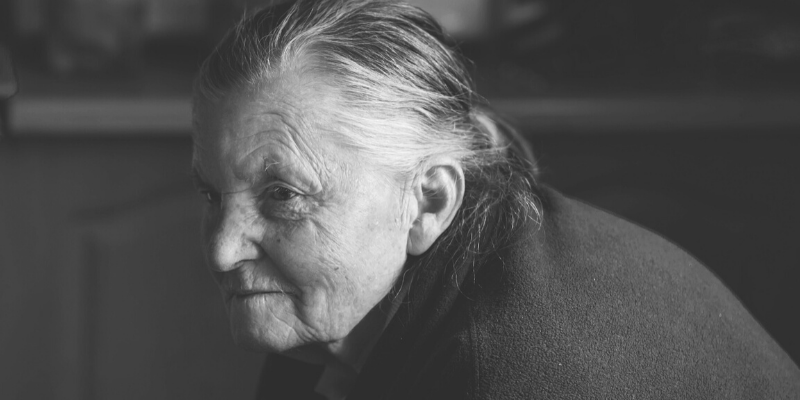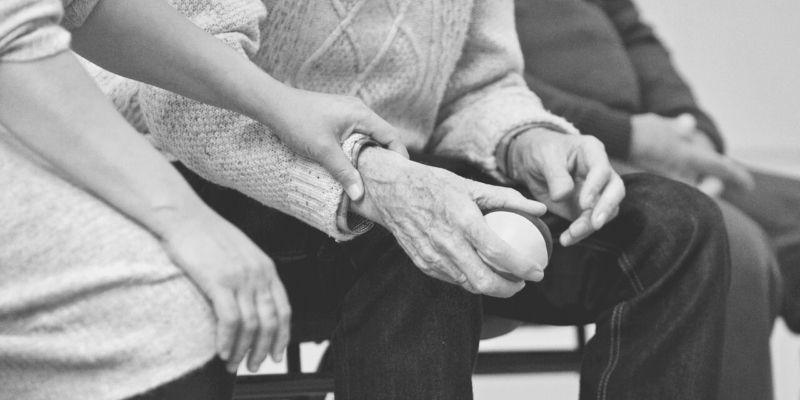Transferring your loved one to a different memory care facility may stir up some stress regardless of your best laid out plans, but there are ways to minimize disruption on the actual moving day.


Transferring your loved one to a different memory care facility may stir up some stress regardless of your best laid out plans, but there are ways to minimize disruption on the actual moving day.

Your loved one with dementia resides in a memory care facility near your home and you just found out that you are moving to another state. Moving can be a huge process in itself, but now you’re faced with how to choose a memory care facility in the state you are moving to. We have some tips for you!

Our tips will help you have a caring and honest talk with your loved one to prepare them for a move to memory care.

Studies suggest that 50 – 80% of people with Parkinson’s disease may end up with a diagnosis of Parkinson’s disease dementia (PDD). Here is how you can help.

When a person with dementia hallucinates, they experience something very real to them that nobody else does, because they sense something that isn’t there.

As you prepare for your needed and welcome break during the holiday season, remember that you aren’t alone and respite care can be the way for you to take better care of yourself during any busy or stressful time.

If you are on the receiving end of aggressive behavior remember that it is not about you and the person with dementia is not behaving as they are on purpose.

Danger zones are areas of a home where specific safety risks exist. By moving tangible hazards to areas inaccessible to the one you are caring for, you create specific and controlled danger zones.